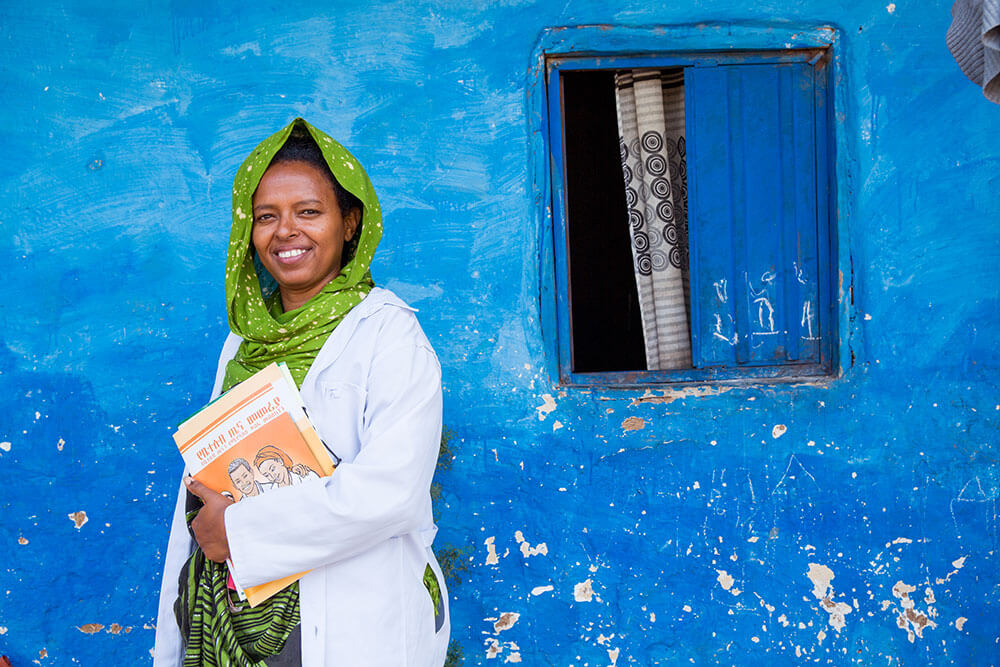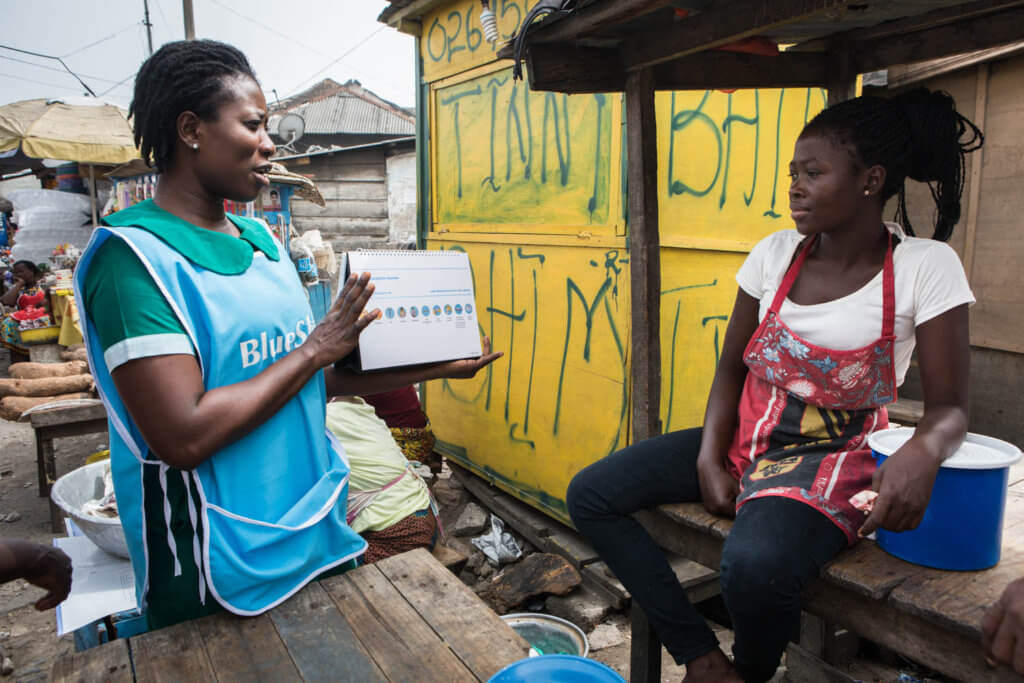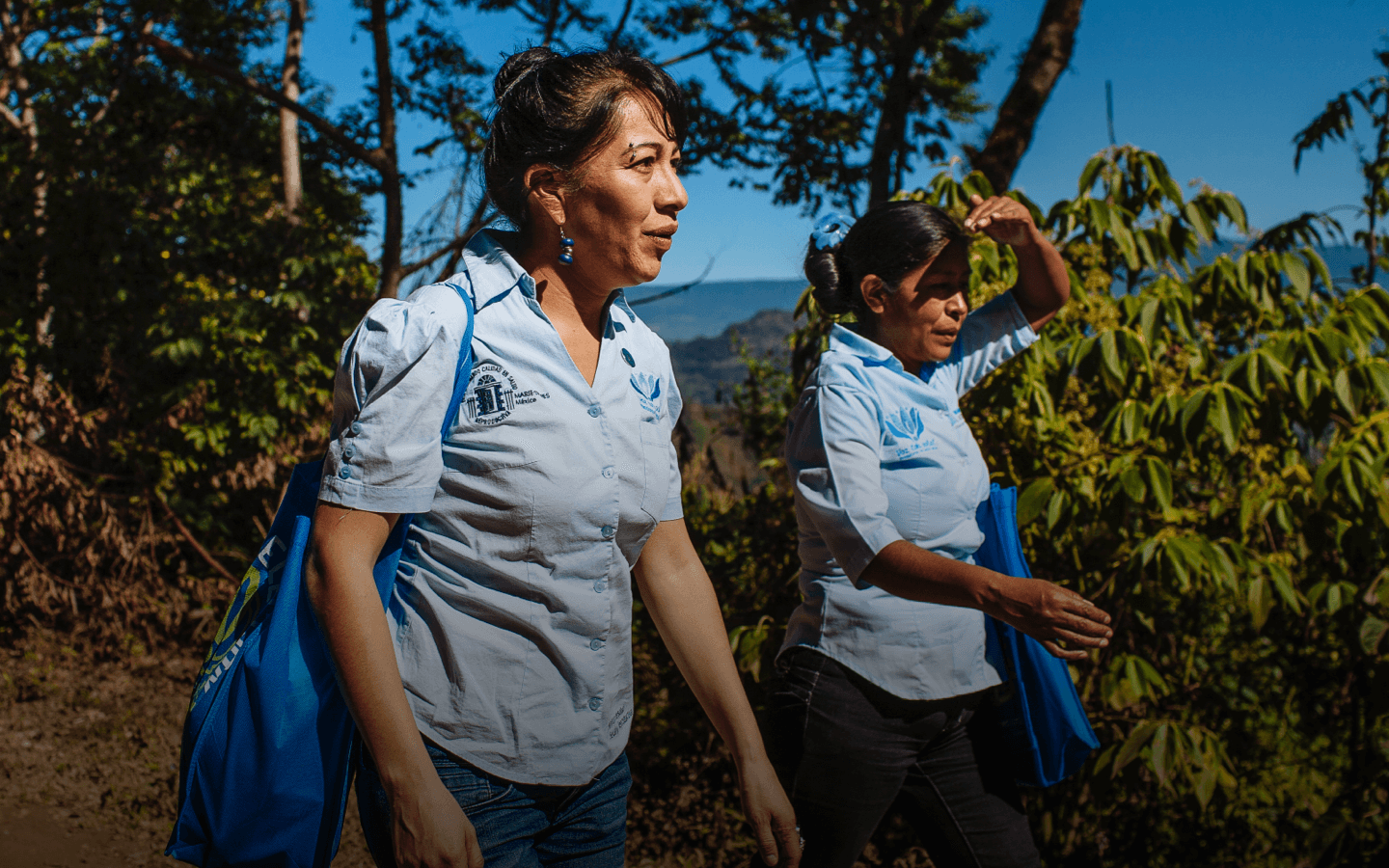Abortion rights in 2023: What’s next for choice?
2022 was a difficult year for reproductive rights.
In the US, the Supreme Court overturned Roe v. Wade. A flurry of activity followed as states passed laws banning or seriously restricting abortion. Globally, the news from the United States fired up the anti-choice opposition, who pushed for new restrictions. But there was good news too. Five US states put abortion on the mid-term ballots, where it was overwhelmingly supported. In Benin a new, more liberal abortion law was implemented. The UK voted successfully in parliament to make telemedicine a permanent option.
What’s next for abortion rights in 2023? The reversals in women’s reproductive rights in the US are out of step with the rest of the world. Since the 1990’s most countries have increased support for reproductive rights. But the struggles experienced in the US have parallels all over the world, as we hold the line and push for change. Here are just a few of the issues our advocacy teams will be focusing on next year.

Limited services and information
Even where abortion is legal, exercising your right to bodily autonomy can be difficult. In the United States and in many of the countries where MSI works women do not have enough access to abortion care.
Since the end of Roe v. Wade, at least 66 US abortion providers have closed their doors, according to research by Guttmacher. These closures hurt women not just in the states where abortion has been banned, but also in nearby states where abortion remains legal. As women are forced to travel to access abortion care, clinics see higher caseloads making it difficult for women in those states to get appointments.
In 2023, the battle over medication abortion is expected to heat up as anti-choice activists push for limits on medication abortion, making it even more difficult to exercise bodily autonomy.
Elsewhere in the world, unnecessary regulations on who can offer abortion care limit access to services. In Ethiopia, despite relatively liberal abortion laws, regulations sometimes prevent women from getting the care to which they are legally entitled. Along with this challenge, the opposition in Ethiopia is becoming increasingly vocal, with an international anti-abortion group opening an office in the capital, and actively pushing to roll back abortion rights.
Despite the climate this year, MSI Ethiopia and partners including the Ethiopian Society of Obstetricians and Gynecologists were able to secure two policy changes that will help expand abortion access in 2023. First, we helped get medication abortion pills added to the list of drugs that can be sold in pharmacies. Second, we pushed the government to expand the type of medical facilities that can provide abortion services. This means that health posts can now provide services. As a result, services will be more available for young people, as they are closer to the places where they live.

State- and local-level advocacy
In the United States, the fight for abortion rights will continue to unfold state by state.With Congress divided, the odds of federal laws protecting abortion rights is low. It’s possible the Supreme Court will take up the issue again in the years ahead, butthe legal battles will happen at the state level in 2023.
In Kenya, we’ve seen similar paralysis at the national level—but opportunity for change at the local level. Nationally, abortion is a heavily politicized issue, and many politicians are hesitant to speak about it. Those who speak out for abortion rights can face death threats and harassment.
But at the county level, local government leaders are more open to change within the health system. This is especially true when the recommendations come from a trusted partner. MSI Kenya is already working with local health officials to strengthen health systems and provide services. As a result, we’re well-positioned to suggest improvements to how services are financed and delivered to enable more women to access post abortion care. For example, we worked with partners to secure increased allocation within local government budgets to fund the care needed following an unsafe abortion.

Challenges and opportunities for abortion rights in 2023
A lack of information, resources and providers will continue to keep women from accessing the care they want. An emboldened opposition will continue pushing for new restrictions on abortion care, including medication abortion.
However, there’s reason to hope. We’ve seen how it’s possible to make incremental progress at the local level, even when the national political debate is intractable. And we’ve seen how seemingly small policy changes, like allowing lower-level health workers to offer medication abortion, can lead to dramatically improved access.
The fight for abortion rights will continue in 2023, not just in the United States but around the world. MSI is working closely with advocacy partners and governments to expand access to safe abortion—and we’re seeing success.
While 2022 was a difficult year, with the help of our supporters, we’re confident that we can continue expand access to choice in the year ahead.






